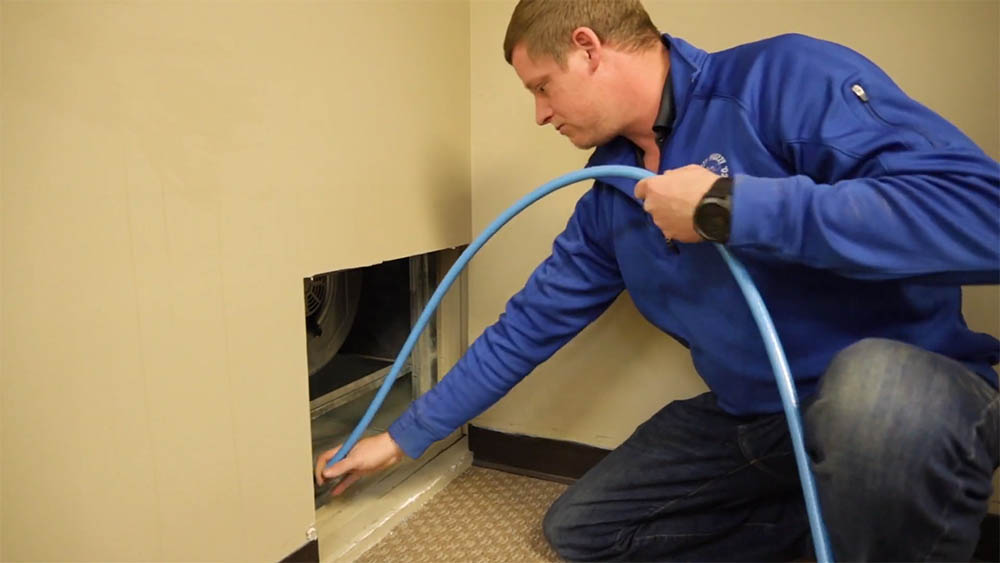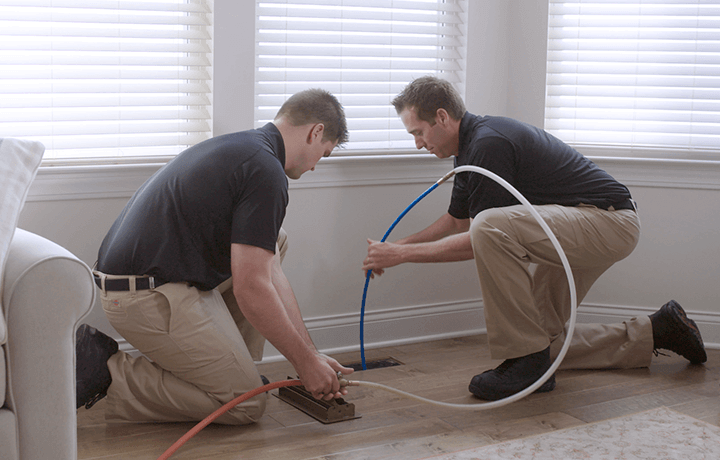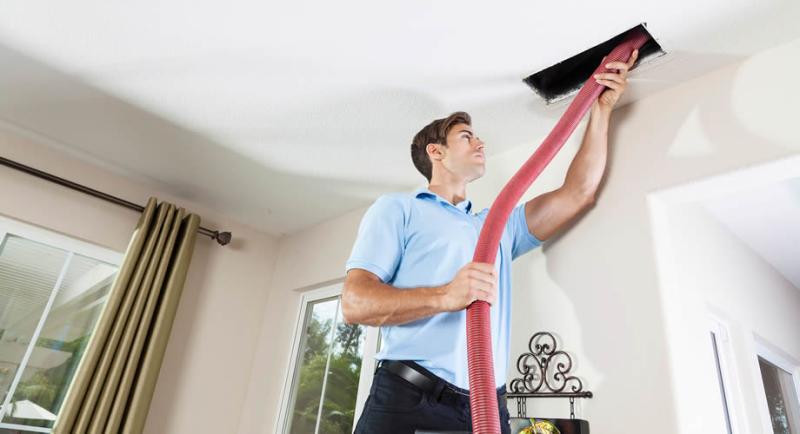When signing a commercial lease, understanding the responsibilities about the heating, ventilation, and air conditioning (HVAC) system is crucial. The primary keyword here, who is responsible for the HVAC system in a commercial lease?, helps delineate the obligations of both landlords and tenants. This knowledge is indisputably significant for homeowners and business owners alike.

The Importance of HVAC Systems in Commercial Properties
HVAC systems are critical for maintaining a comfortable and healthy environment within commercial properties. These systems regulate temperature, improve air quality, and ensure adequate ventilation. Therefore, knowing which party is responsible for their maintenance and operation becomes paramount.

Overview of Commercial Leases
Commercial leases vary significantly based on terms and conditions negotiated between landlords and tenants. They could be net leases, gross leases, or modified gross leases, each with specific stipulations regarding maintenance responsibilities.
Types of Commercial Leases
- Net Lease: Tenants pay base rent plus a portion of the property’s operating expenses, including maintenance.
- Gross Lease: Tenants pay a single, lump-sum rent while landlords handle most, if not all, property expenses.
- Modified Gross Lease: This is a blend of net and gross leases where responsibilities are shared.

Tenant’s Responsibilities for HVAC Systems
In many cases, tenants might be responsible for regular maintenance and minor repairs of the HVAC system. This includes changing filters, checking thermostats, and ensuring the system operates efficiently.
Tenants must regularly inspect their premises to identify and address minor HVAC issues before they escalate. This proactive approach minimizes downtime and potential costs.

Landlord’s Responsibilities for HVAC Systems
Landlords typically handle major repairs and replacements of the HVAC system. They must ensure that the system is in good working condition at the start of the lease. Some leases may outline specific landlord responsibilities to maintain clarity.
Initial Inspection and Documentation
It is essential for both parties to conduct a thorough inspection of the HVAC system before lease commencement. Documenting the system’s condition helps in resolving potential disputes.
Shared Responsibilities and Negotiations
In some leases, HVAC responsibilities are shared between the landlord and tenant. This situation necessitates clear negotiations and documentation to avoid misunderstandings.
Crafting Clear Lease Agreements
Clear lease agreements specifying the division of HVAC responsibilities are vital. Engaging legal counsel to draft or review the lease ensures both parties’ interests are protected.
Regular Maintenance Schedules
Establishing regular maintenance schedules is critical for the HVAC systems efficiency and longevity. Both parties should adhere to their agreed-upon responsibilities to prevent system failures.
Professional HVAC Services
Engaging professional HVAC services for regular check-ups and maintenance is highly recommended. It ensures that minor issues are swiftly addressed, preventing costly repairs.
Dispute Resolution
Disputes over HVAC responsibilities can arise. The lease should include a clause detailing the steps to resolve such issues amicably, possibly involving mediation or arbitration.
Benefits of Clear HVAC Responsibility
Clear definitions of HVAC responsibilities enhance the landlord-tenant relationship. It fosters trust, minimizes conflicts, and ensures that the property remains in optimal condition.
Conclusion
Understanding who is responsible for the HVAC system in a commercial lease? is indispensable for both homeowners and business owners. It helps delineate clear roles and responsibilities, fostering a cooperative environment between landlords and tenants. Regular maintenance and clear lease terms are key to ensuring that the HVAC system functions efficiently and effectively.
FAQs
Can tenants negotiate HVAC responsibilities?
Yes, tenants can negotiate HVAC responsibilities with their landlords during the lease drafting process. Clear communication is crucial to avoid any future disputes.
Who handles HVAC emergencies in a commercial lease?
The lease agreement should clearly outline who is responsible for handling HVAC emergencies. Typically, landlords might handle major emergencies, but this can vary.
Is professional HVAC maintenance mandatory?
While not always mandatory, professional HVAC maintenance is highly recommended to ensure the system’s efficiency and prevent costly breakdowns.
